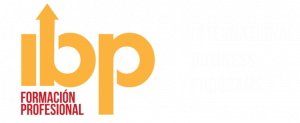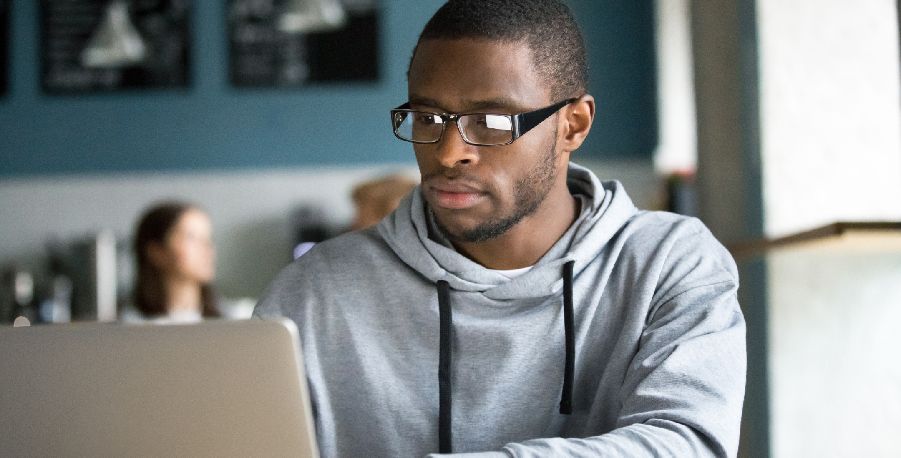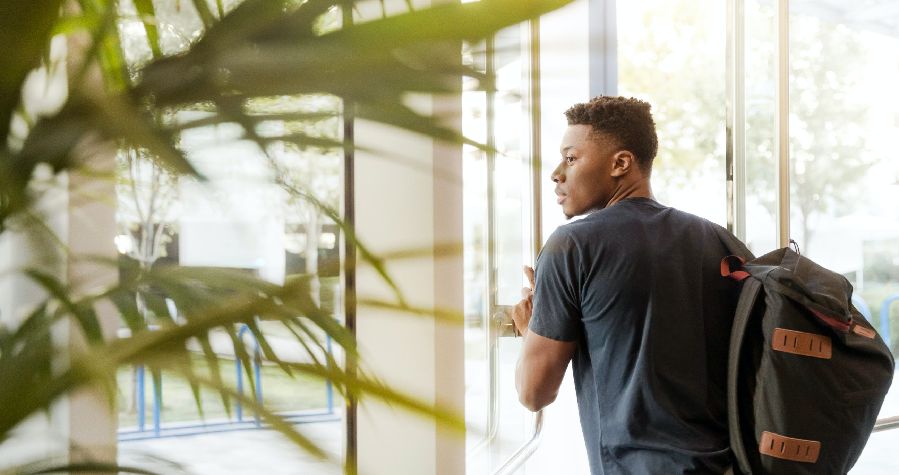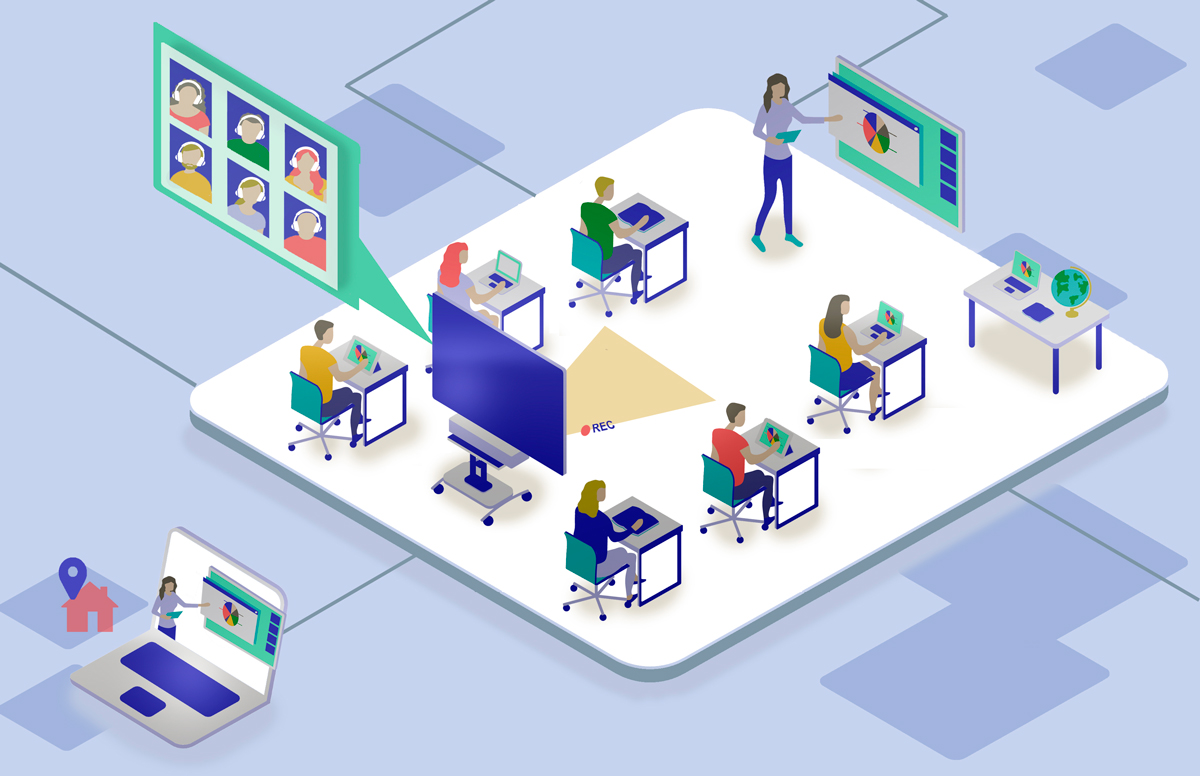Welcome back to the IBP Barcelona Blog. On this occasion we want to present a dilemma that has been presented in recent years in reference to the educational system that we have right now in Spain.
We asked ourselves the question: how do you really learn more? By intensely studying the whole theory related to a topic, or by carrying out projects and works in which it is necessary to apply this theory?
Well, this is something we’ll find out in today’s post.
The theory against practice
In many educational systems, there is a great gap between theoretical and practical knowledge, there are many cases of students who spend years and years studying an abstract theory that they have never really been able to test.
This disconnection can result in a lack of understanding and understanding on the subject to be worked, in addition to certain difficulties in using this theoretical knowledge in the real world, which is why practical experience plays a vital role.
A very clear example is trying to learn to swim by simply reading theoretical books about swimming and not jumping into the water to really learn.
You learn more with practical experience than with a theoretical class.
The importance of practical experience
A fundamental pillar in the correct development of anyone is the education they have received.
We have always linked learning with master classes, where an abundant theory is explained related to a topic of what should be taken notes and then fill in an exam.
On the other hand, more and more people are recognizing that practice is a very effective way to improve learning, as it allows you to apply the theory learned in real environments and situations.
What is practical experience? And why is it so important
Nowadays we can differentiate between various types of experience that can provide us with knowledge applicable in future situations.
We can differentiate between the two great types of knowledge, the theoretical and the practical.
Theoretical knowledge is basically that which is achieved through learning the theory related to any subject, the most common methods are books, master classes in schools, universities and other training centers, videos and others.
On the other hand, practical experience is that opportunity to apply and put into practice the theory learned previously in a real environment with a situation to be solved.
This learning approach allows students to experience firsthand how theory should be applied in real situations and how to develop essential practical skills in the world of work.
Private business, a way for practical experience
One of the most recognized ways to gain and improve the practical experience of anyone is through working with a private company.
Businesses often offer dynamic and challenging environments where students and students are able to apply their theoretical knowledge to solve real practical situations.
Being able to practice in a private company offers a direct view on how to correctly apply theory in the world of work, as well as offering the opportunity to develop different practical skills and gain work experience.
In addition, this collaboration with private companies can also serve to establish a network of contacts and professional connections that can be beneficial in the future of students.
The role of theory in practical experience
During this post we have given to understand the importance of practical experience for students, not for that reason we must ignore the importance of a good theoretical basis in the learning process.
The theory provides the fundamentals and key concepts needed to understand and subsequently address practical challenges in a work environment.
It is necessary to understand and take advantage of practical experience, which complements theoretical experience and allows students to consolidate a prior knowledge before launching into the world of work.
This approach linking theoretical and practical experience is the basis of vocational training.
Professional teaching should be able to improve social progress by ensuring knowledge and skills that allow individuals to achieve their goals and life goals
explains Sergio Baeza, academic director of IBP Barcelona – International Business Programs.
A graduate in economics and business from the University of Barcelona, Baeza has spent more than 20 years working in the private sector in companies in various sectors. For 23 years he has taught in middle and higher grades, especially in Marketing and Advertising and Administration and Finance.
To better understand each other, we can say that theory is that knowledge that provides a conceptual framework and principles that guide our understanding of the world around us, while practice requires us to apply that theory in real situations and helps us to strengthen our knowledge.
Bryan Caplan, an advocate of practical experience
In any debate regarding the importance of practical experience and theory, it is impossible not to name Bryan Caplan, an American author and economist born in 1979 who is currently teaching at George Mason University in Virginia.
Caplan is a strong advocate of the importance of properly developing an education based on practical experience in working environments, as this will enable students to integrate better into the world of work after completing their studies.
On several occasions he has stressed that theory alone, without being backed up with a practical experience, can often remain in a simple superficial knowledge and disconnected from reality.
Bryan believes in and promotes an educational and academic approach that effectively and efficiently integrates theory with practical experience to prepare students in the best possible way for better integration into the world of work.
Below we leave the link of the interview Bryan Caplan so you can take a look: https://www.lavanguardia.com/lacontra/20190910/47273544306/se-aprende-mas-en-una-empresa-que-en-una-clase.html?facet=amp
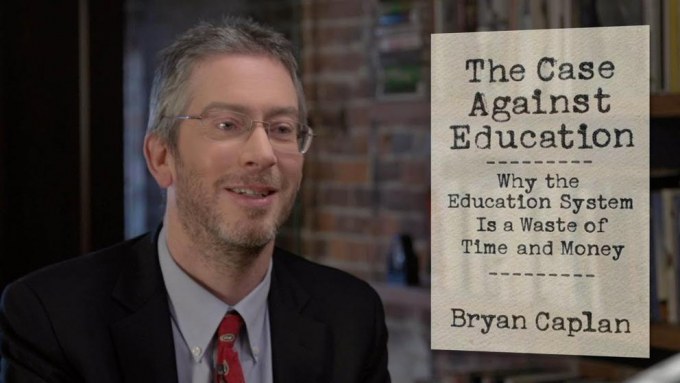
Bryan Caplan on the education system in Spain
In an interview with Bryan Caplan about how he sees the education system globally, they asked him if he was aware of the case in Spain.
In response to this question, Caplan mentioned that he believes that in Spain we have a growing inflation of university degrees and other studies.
He argues that this does not improve the labour market at all, but on the contrary, wastes public money for companies to hire graduates to work in lower positions.
It reinforces that universities at national level have a high level of knowledge, only that in Spain it is more difficult to find work of any level if we compare it with other countries of the European Union.
Key integration: theory and practical experience
We can say that practical experience is a fundamental component in the learning process, since it is learned more efficiently with a practical experience than with a theoretical class.
By combining theory with practical experience, a deeper understanding can be developed for later application of this knowledge.
We have seen how private enterprise becomes the best ally in the development process of any student, as it provides a real environment to apply the theoretical knowledge learned.
Finally, Bryan Caplan reminds us of the importance of the correct integration of theory and practical experience for a more effective and relevant education.
So, do not hesitate and jump into the practical experience and find out for yourself the real applicable knowledge!
